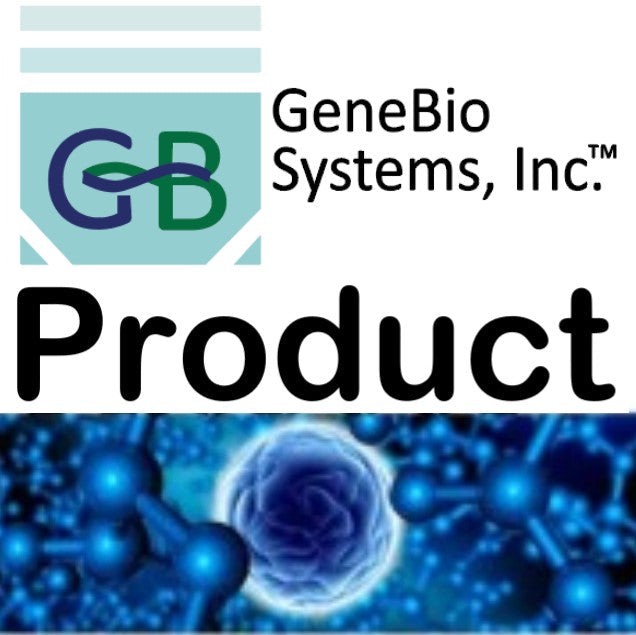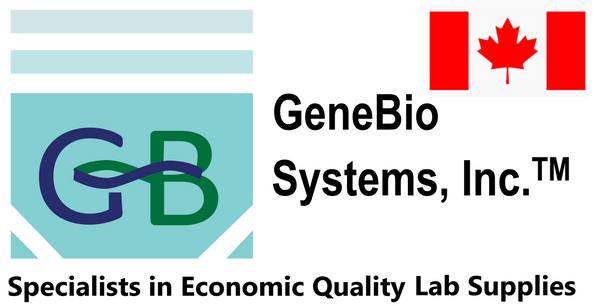Gene Bio Systems
Recombinant Mouse Scavenger receptor cysteine-rich type 1 protein M130(Cd163),partial
Recombinant Mouse Scavenger receptor cysteine-rich type 1 protein M130(Cd163),partial
SKU:CSB-YP650452MO
Couldn't load pickup availability
Size: 200ug. Other sizes are also available. Please Inquire.
In Stock: No
Lead time: 22-32 working days
Research Topic: Others
Uniprot ID: Q2VLH6
Gene Names: Cd163
Organism: Mus musculus (Mouse)
AA Sequence: VVCQQLGCPTSIKALGWANSSAGSGYIWMDKVSCTGNESALWDCKHDGWGKHNCTHEKDAGVTCSDGSNLEMRLVNSAGHRCLGRVEIKFQGKWGTVCDDNFSKDHASVICKQLGCGSAISFSGSAKLGAGSGPIWLDDLACNGNESALWDCKHRGWGKHNCDHAEDVGVICLEGADLSLRLVDGVSRCSGRLEVRFQGEWGTVCDDNWDLRDASVVCKQLGCPTAISAIGRVNASEGSGQIWLDNISCEGHEATLWECKHQEWGKHYCHHREDAGVTCS
Expression Region: 86-365aa
Sequence Info: Partial
Source: Yeast
Tag Info: N-terminal 6xHis-tagged
MW: 32.2 kDa
Alternative Name(s): CD163
Relevance: Involved in clearance and endocytosis of hoglobin/haptoglobin complexes by macrophages and may thereby protect tissues from free hoglobin-mediated oxidative damage. May play a role in the uptake and recycling of iron, via endocytosis of hoglobin/haptoglobin and subsequent breakdown of he. Binds hoglobin/haptoglobin complexes in a calcium-dependent and pH-dependent manner. Induces a cascade of intracellular signals that involves tyrosine kinase-dependent calcium mobilization, inositol triphosphate production and secretion of IL6 and CSF1 .After shedding, the soluble form (sCD163) may play an anti-inflammatory role.
Reference: Molecular cloning and characterization of the mouse CD163 homologue, a highly glucocorticoid-inducible member of the scavenger receptor cysteine-rich family.Schaer D.J., Boretti F.S., Hongegger A., Poehler D., Linnscheid P., Staege H., Mueller C., Schoedon G., Schaffner A.Immunogenetics 53:170-177(2001)
Purity: Greater than 90% as determined by SDS-PAGE.
Storage Buffer: Tris-based buffer,50% glycerol
Storage: The shelf life is related to many factors, storage state, buffer ingredients, storage temperature and the stability of the protein itself. Generally, the shelf life of liquid form is 6 months at -20℃/-80℃. The shelf life of lyophilized form is 12 months at -20℃/-80℃.
Notes: Repeated freezing and thawing is not recommended. Store working aliquots at 4℃ for up to one week.


